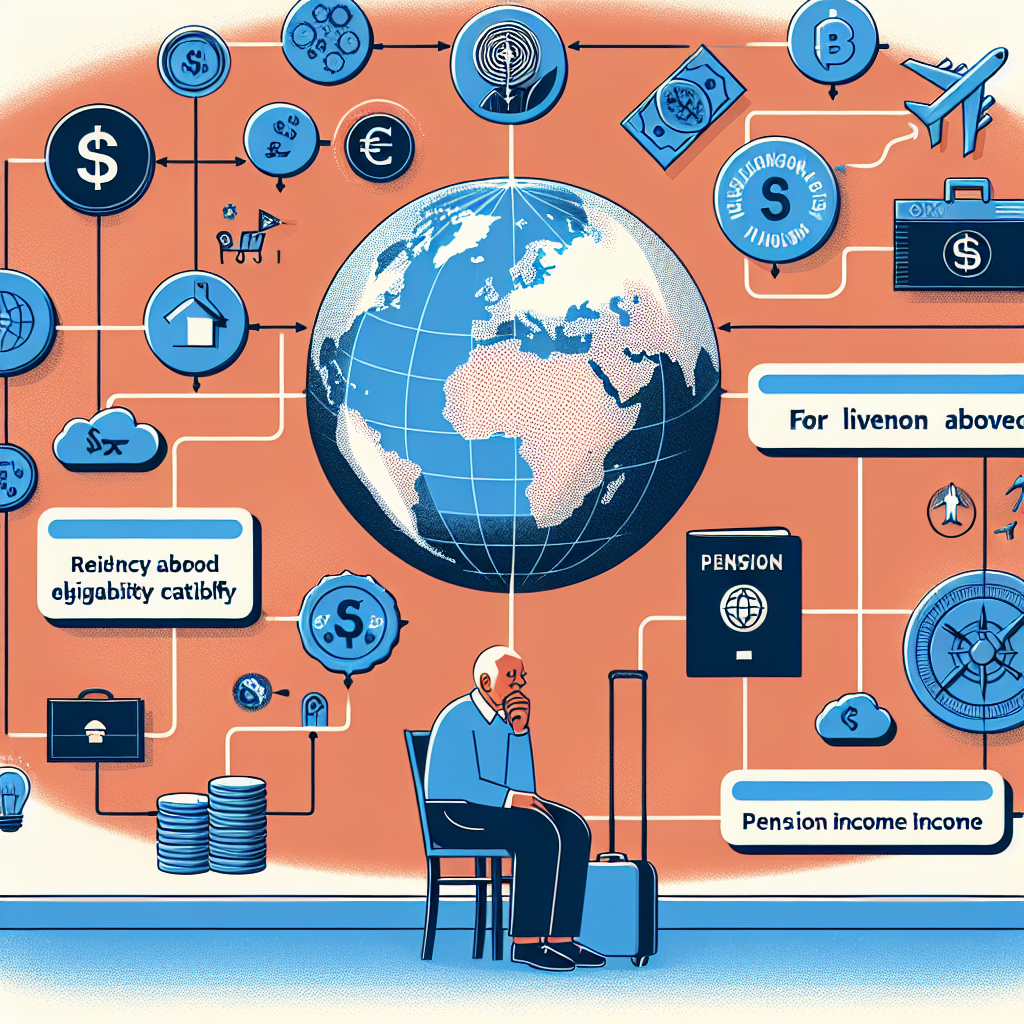
Can AI and Chatbots Help Us Create a Sustainable Future?
by bernt & torsten
There is an ongoing conversation about how we can live with artificial intelligence and whether it can contribute to sustainable living. In fact, the World Bank considers AI solutions a major factor in driving the sustainability agenda forward. Two AI development projects made in collaboration with the World Bank include using machine learning for poverty prediction and introducing chatbots as an alternative to the UK NHS healthcare helpline. These are just a blip on the radar regarding what machine learning projects are happening in the app development field.
Ethics and accountability play an essential role in implementing AI, especially since machine learning, natural language processing (NLP), data science and relatively new disciplines require careful threading forward. There is always some element of risk included when implementing new technology. Therefore, accountability should be at the forefront of mobile app developers’ minds when building new software and apps that could help us live and develop sustainably.
However, the accountability factor shouldn’t stop us from going forward. We mustn’t forget that at the core of artificial intelligence is enabling computers to perform human-like tasks. Despite the historical failures to make AI 100-percent ethical and fully functional, we should keep in mind that AI is what we make it. Suppose we encounter biased robots lacking empathy. In that case, that is only because they are using machine learning to pick up cognitive processes from their creators – so, AI can be as imperfect as its makers, but it is still not to be considered the apocalyptic dread some make it be.
One of the most significant benefits AI could bring is improving job satisfaction by eliminating tedious, automated work. Chatbots are already taking up many repetitive communication tasks in customer service. Some jobs may be gone forever, but others are created as we speak. And those are not only for machine learning experts required to work on AI solutions – we may just need to become more prepared for emotional intelligence and soft skills to handle the work of the future with aplomb.
Image by annca from Pixabay
Well-being is crucial to sustainable societies. It is no wonder that we see the rise of emotional wellbeing apps – the mHealth market is projected to grow by 44.7% over the next seven years. Healthcare has been among the top three industries undergoing a substantial digital transformation over the last decade. Machine learning algorithms are used for disease prevention. For example, NHS partnered with Google’s Deep Mind to predict Alzheimer’s symptoms up to 9 years before they develop and detect cancer and dementia. In a similar fashion to helpline chatbots, AI could replace simple medical tasks in areas where there is a lack of medical staff, a problem that will grow even bigger with the future ageing population.
If we take “the environment first” viewpoint, artificial intelligence is already driving forward the shift to smart homes and autonomous car systems. Predictive algorithms are incredibly effective in building energy efficiency because machine learning is far more capable than humans of configuring heating and cooling system settings to use the lowest possible resources and produce less waste. Autonomous cars are not only beneficial in terms of pollution. Still, they seem to pose lower risks to humans, too, since most traffic accidents are caused by human errors – drunken driving, speeding, and mobile use.
AI can help various industries lower their emissions. Take the shipping industry, for instance, which is a growing source of greenhouse gas emissions in transportation. Using AI, a ship can plot a shorter route to a destination that saves on fuel and emissions, even if the route is not direct, as there are many factors to consider when being on the sea, and distance may not always be the most important.
And there are several practical examples of how AI is being implemented to help with UN Sustainable Development Goals, one of which is the digitally-focused country of Estonia, which is using artificial intelligence to help locally with the 20 percent carbon emission decrease milestone for 2030. Estonian projects include the Tech Green Pledge undertaken by tech companies and increased AI education initiatives to keep up with the job-changing prospects.
Overall, AI and chatbots are not only limited to technology and the app development field but are more comprehensive social contributors to a massive change in homes and businesses. By applying them ethically and accountably, they have the potential to remove key sustainability obstacles and improve people’s well-being into the broader ecosystem.

Navigating the Procrastination Pitfalls of the AI Tool Explosion
Maintaining focus and productivity is crucial in an era defined by a constant influx of AI...

The Impact of Living Abroad on Pension Eligibility and Income
Understanding how pension systems interact becomes crucial when people work across multiple...

Tech Disillusionment
For four decades, I have worked in the tech industry. I started in the 1980s when computing...